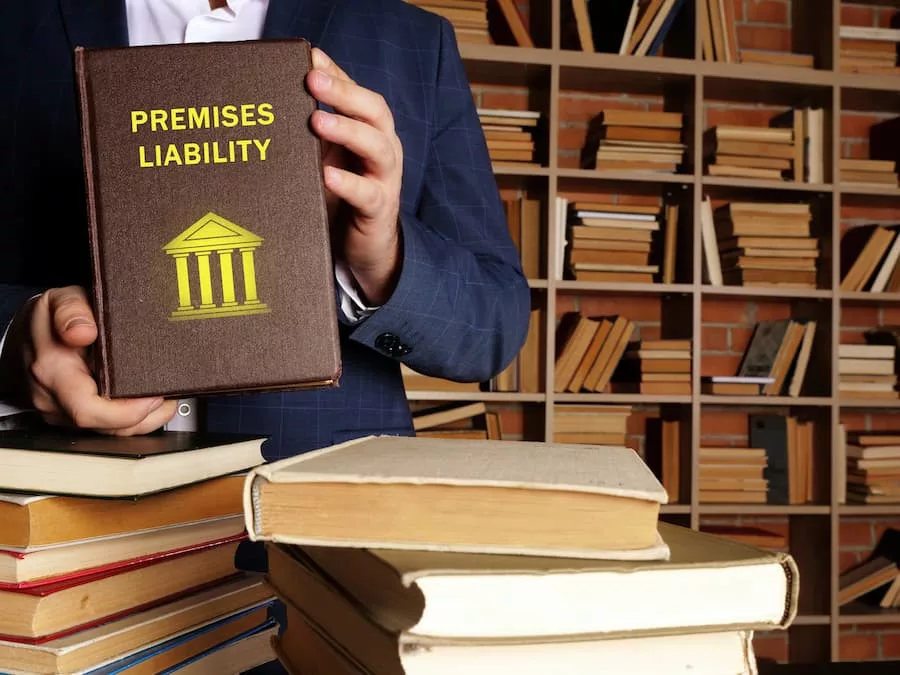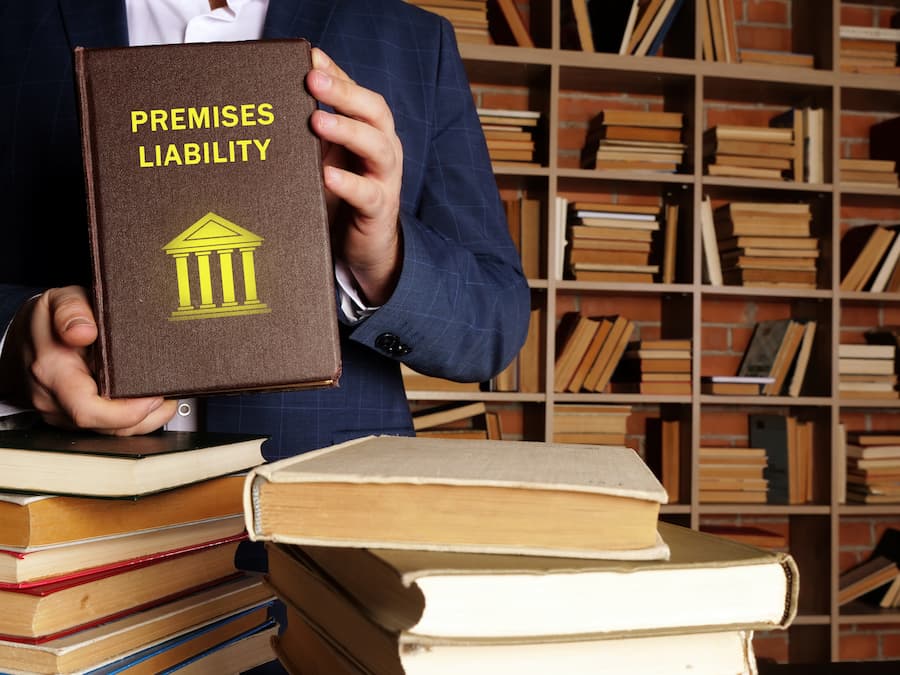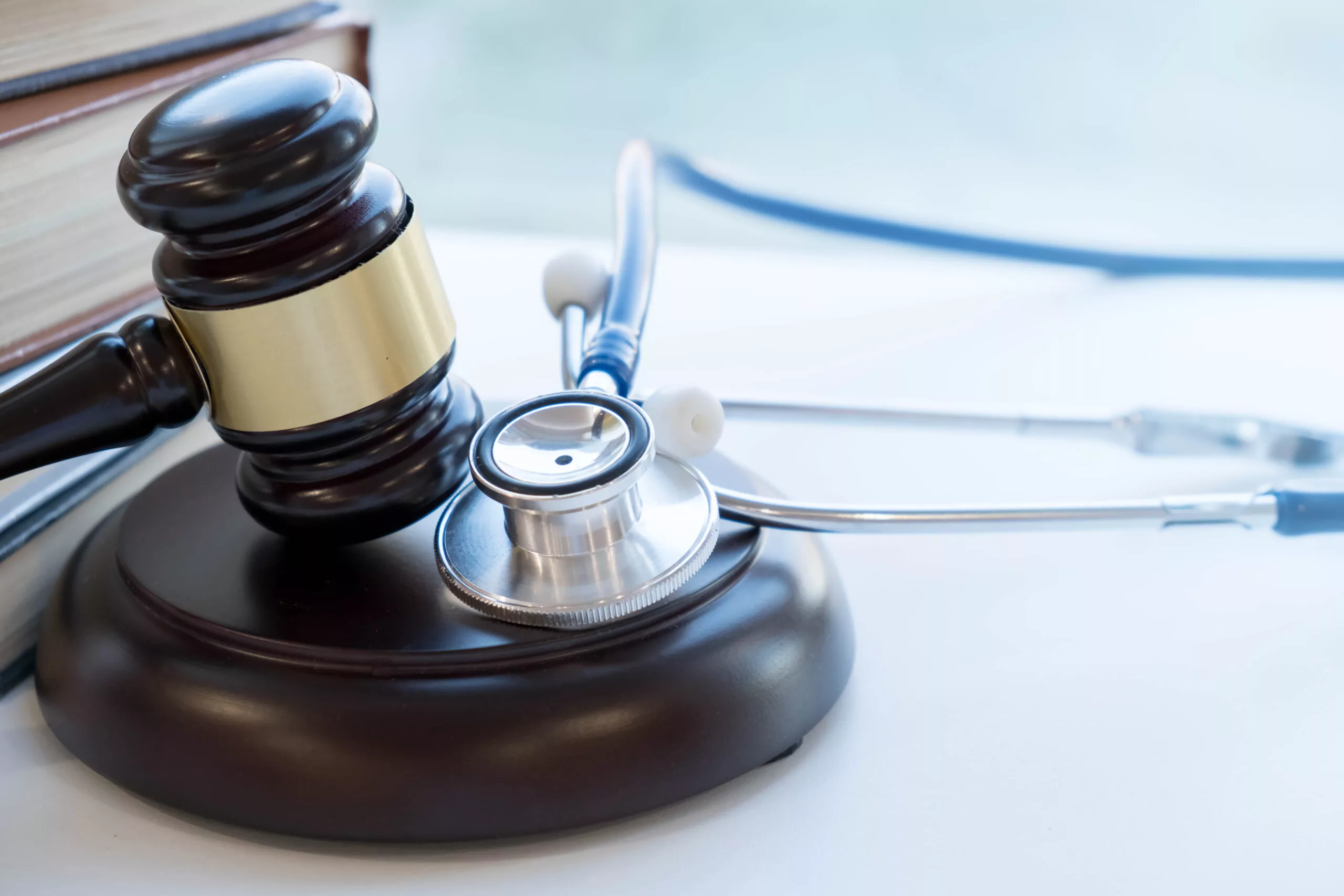Premises liability law is the area of law that governs claims arising from injuries suffered due to hazardous property conditions. In a premises liability claim, you may have the right to recover compensation after getting hurt on someone else’s property. However, the right to financial recovery will depend on the circumstances of the accident and the duty of care that the property owner owed you.
Because not every accident on somebody else’s property will give rise to a valid premises liability claim, you should speak to a Miami premises liability lawyer about your rights and options after an accident on another party’s property.
How Does Premises Liability Law Work?
Whether a premises liability claim exists depends on the legal status of a visitor who suffers an injury due to a hazardous property condition. A visitor’s legal status will control the legal duties the property owner or occupier owes the visitor. When a property owner fails to fulfill their legal duty and a visitor suffers injuries due to a dangerous condition of the property, the owner may have liability for the visitor’s injuries.
Types of Visitors
Premises liability law recognizes three categories of visitors:
- Invitees. Invitees include visitors who lawfully enter the property at the property owner’s invitation and for the owner’s benefit. Business customers or clients make up the most common examples of invitees.
- Licensees. Licensees include visitors who lawfully enter the property for their own benefit or a social purpose. Examples include social or party guests, delivery drivers, or utility technicians.
- Trespassers. Trespassers refer to anyone who enters a property without legal authority or the owner’s permission.
Responsibilities of Property Owners or Occupiers
Property owners and occupiers owe invitees the highest duty of care under premises liability law. This duty includes remedying all dangerous hazards on the property or warning invitees of their presence (such as by placing visible warning signs) if the owner knows of those hazards or would discover them through reasonable diligence. Property owners must also regularly inspect their premises to check for dangers that might injure invitees.
Property owners owe licensees a lesser duty of care. Owners must keep their premises reasonably safe and warn licensees of any non-obvious hazardous conditions of the property that the owner knows about. However, unlike invitees, owners do not owe licensees a duty to inspect their premises regularly to discover new dangerous conditions.
Owners owe trespassers no duty of care other than to refrain from intentionally harming them, such as by setting traps designed to ensnare or injure trespassers. However, this rule may not apply to young children trespassing on the property.
Under the attractive nuisance doctrine, a property owner may have liability when a child suffers injuries from a feature or condition of the property that would likely attract children to enter the property. The attractive nuisance doctrine recognizes that young children may lack the maturity to know not to enter someone else’s property without permission or to recognize a potentially dangerous condition or feature of the property.
Potentially Liable Parties in a Premises Liability Claim
In most cases, a property owner will have liability for injuries suffered by a visitor to their premises. However, other parties may also have liability, depending on the circumstances of the case.
Other parties may have a financial responsibility to an injured victim in a premises liability case.
- A residential or commercial tenant may have liability if an accident occurs on the part of the property within the tenant’s exclusive possession or due to a condition of the property within the tenant’s exclusive control.
- A property management company may have liability for an accident that occurs in the common areas of multi-unit commercial or residential property.
- A maintenance or janitorial services contractor may have liability for an accident caused by a hazardous condition that the contractor had a duty to fix or clean up.
Examples of Premises Liability
Some examples that illustrate how premises liability works include:
- A supermarket may have liability to a customer who slips on a puddle created by a leaking freezer display since the supermarket’s equipment caused that hazardous condition.
- A store might have liability when a customer slips on a spill made by another customer if that spill occurred long enough ago that the store’s employees should discover it during regular maintenance checks.
- If a utility worker comes at night to conduct emergency repairs of service equipment and falls into a hole or trench they can’t see in the darkness, the property owner might have liability if they failed to warn the worker about the hazard.
- A construction site owner may have liability if it leaves equipment and materials outside and fails to secure the premises when the owner has reason to believe that young children may enter the property to play on the equipment or materials, and a child does injure themselves on the property.
Common Premises Liability Claims
Common types of premises liability cases include:
- Slip and fall accidents
- Trip and fall accidents
- Elevator or escalator accidents
- Swimming pool accidents, including diving accidents or drownings
- Fires or explosions
- Parking lot/garage accidents
- Falling tree accidents
Another type of claim arises from injury due to inadequate or negligent security. A person can make this type of claim when they suffer injuries due to a crime or an act of violence when the lack of proper security either facilitated the act or could have prevented it. Examples of inadequate/negligent security include broken or missing door/window locks, inadequate lighting, lack of surveillance cameras, or lack of trained security personnel.
Defenses to Premises Liability Claims
Property and business owners may have legal defenses to a premises liability claim.
Some of the most common examples of defenses include:
- Open and obvious hazard. In an open and obvious defense, a property owner may argue that it should not have liability for an accident caused by an open and obvious hazard on the property. A hazardous condition may qualify as open and obvious when a person of reasonable intelligence would immediately recognize the danger posed. This defense assumes that a reasonable person would naturally avoid an obvious danger, and thus property owners should not have liability when someone willingly walks into a dangerous condition. However, the open and obvious defense fails if the property owner anticipated or should have anticipated that a visitor would injure themselves on the hazard despite its obvious condition.
- Assumption of risk. In an assumption of risk defense, a property owner may argue that an injured visitor knowingly and voluntarily accepted the risk of injury posed by entering the property. Assumption of risk defenses often apply in cases involving properties with conspicuous “enter at your own risk” signs or where visitors must sign release forms to access the property.
- Comparative fault. Under Florida’s comparative fault law, any fault an injured party has for causing the accident that injured them does not bar that party from pursuing a compensation claim. However, the rule does reduce the injured party’s financial recovery in proportion to their share of responsibility for the accident. A property owner may reduce their financial liability for a visitor’s injuries by arguing that the visitor shares some fault for the accident.
- Trespassing. A property owner may avoid liability by arguing that a person injured on their property entered the premises without permission or lawful authority. However, a trespassing defense may not apply in cases involving young children.
Compensation Available for Injured Parties
An individual injured on someone else’s property due to a dangerous condition of the premises may have the right to recover compensation for the losses they incur due to their injuries.
A financial recovery in a premises liability claim may include compensation for:
- Medical and rehabilitation expenses, including hospital care, surgeries, prescriptions, medical/mobility equipment, doctor’s appointments, and physical/occupational therapy
- Long-term care expenses for permanent disabilities, including home health care, housekeeping services, or home renovations to install disability accommodations
- Loss of income/earnings from missed work or reduced earnings on part-time/light-duty
- Loss of future earning capacity and employment benefits after becoming permanently disabled from work
- Physical pain and emotional distress
- Loss of enjoyment and quality of life after suffering permanent disabilities or visible disfigurement/scarring
The Statute of Limitations on Premises Liability Claims
Under Florida’s statute of limitations on premises liability claims, a person who gets hurt due to a dangerous condition of someone else’s property has two years to file a lawsuit against the owner or another liable party. Filing a lawsuit after the statute of limitations expires means the at-fault party may file a motion to dismiss the case regardless of its merits.
In addition, when a premises liability claim arises from an accident on a state or local government property, Florida law requires the injured party to submit written notice of their claim to the appropriate government agency within three years of the accident.
The strict deadlines for filing premises liability claims make it critical to speak to a personal injury lawyer as soon as possible to ensure you file your case on time.
What Steps Should You Take After Suffering Injuries on Someone Else’s Property?
You should take specific actions after getting hurt due to a hazardous condition on someone else’s property.
To protect your right to pursue a premises liability claim against the property owner and other parties:
- Call a premises liability lawyer to discuss your legal options and seek compensation for your injuries. Your lawyer can handle or help you with the next steps.
- Contact the property or business owner to let them know about your injuries. Ask them to preserve any surveillance footage of the accident. If the accident occurred at a commercial establishment, ask for a copy of any accident or incident reports drafted by the business.
- Seek medical attention if you still need to do so. Follow your provider’s treatment instructions and medical restrictions. Make sure to request copies of your medical records.
- Take photos of any visible injuries you suffered and of the clothing and footwear you wore in the accident.
- Keep copies of any bills, invoices, and receipts of expenses you incurred due to your injuries.
- Gather your pay stubs or income statements if you can’t work or have reduced earnings after the accident.
- Start a journal to write down your recollection of the accident and document the pain, emotional distress, or physical difficulties you experience during your recovery.
How Can a Premises Liability Lawyer Help You With Your Case?
Working with a premises liability lawyer can help you recover compensation after suffering injuries on somebody else’s property. Your lawyer can handle the details of preparing your claim and pursuing financial recovery as you focus on treating your injuries so you can get back to regular life as quickly as possible.
Some of the things that a premises liability lawyer can help you with include:
- Investigating the accident by taking accident scene photos, sending document/video preservation requests, and interviewing eyewitnesses
- Reviewing the facts of your case to identify the parties you might seek financial recovery from
- Documenting your injuries and losses to have proof in support of your demand for compensation
- Hiring accident reconstruction, medical, vocational, and financial experts for persuasive opinion testimony to strengthen your case, if necessary
- Preparing and filing your insurance or legal claims
- Communicating and negotiating with insurance adjusters, company representatives, or defense attorneys
- Pursuing fair compensation for your injuries through a negotiated settlement or by filing a lawsuit and fighting your case in court and at trial if necessary
Premises Liability Law Allows Injured Victims To Recover Compensation After Getting Hurt on Someone Else’s Property
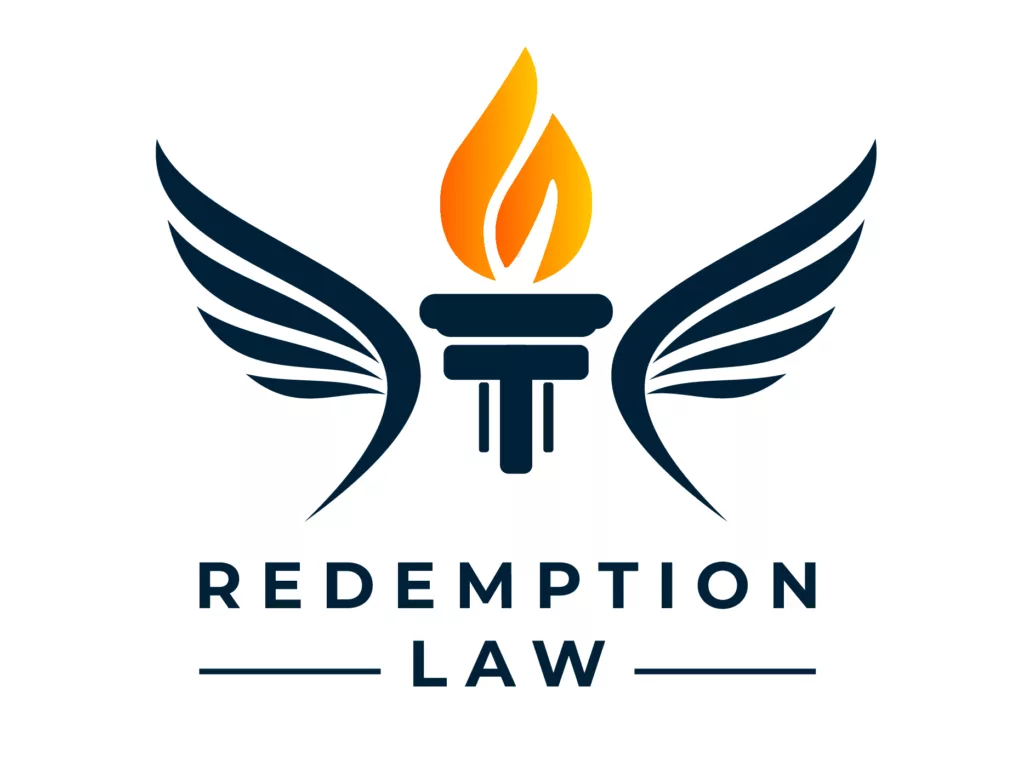
A premises liability claim allows an injured accident victim to pursue financial recovery after getting hurt by a dangerous condition of somebody else’s property. In most cases, property owners must keep their premises safe for visitors.
An injured visitor can recover compensation for their medical bills, lost income, and pain and suffering in a premises liability claim. Given the complexity of many premises liability claims, an injured person may improve their chances of financial recovery by working with an experienced Miami personal injury lawyer.
Related articles
Related articles Related articles Related articles Related articles Related articles Related articles Related articles Related articles Related articles Related articles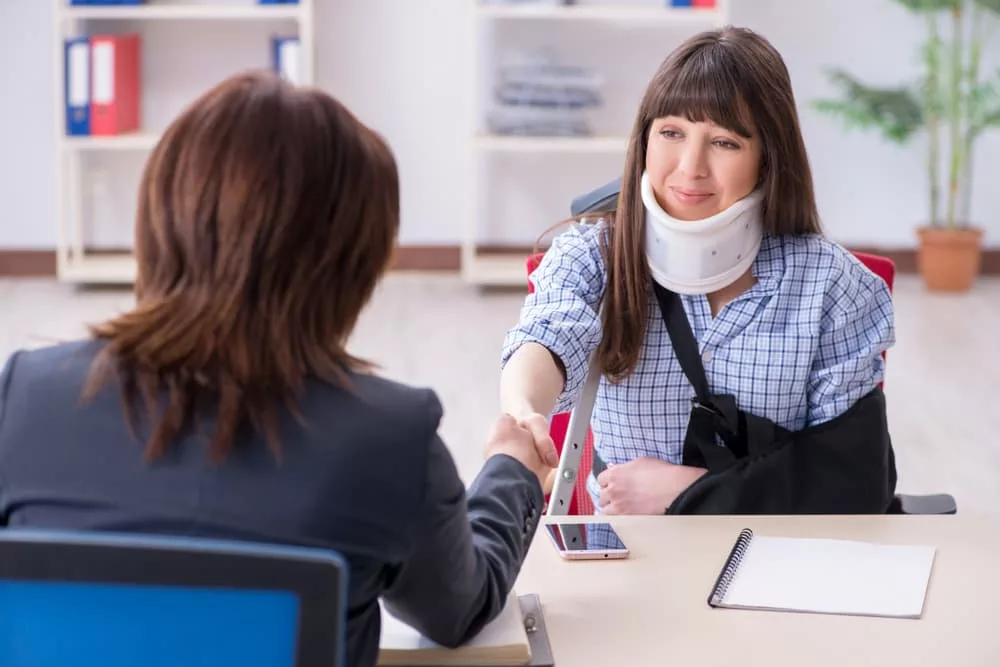
Personal Injury
02 Feb 2024
How Long After An Accident Can You Claim Injury?




